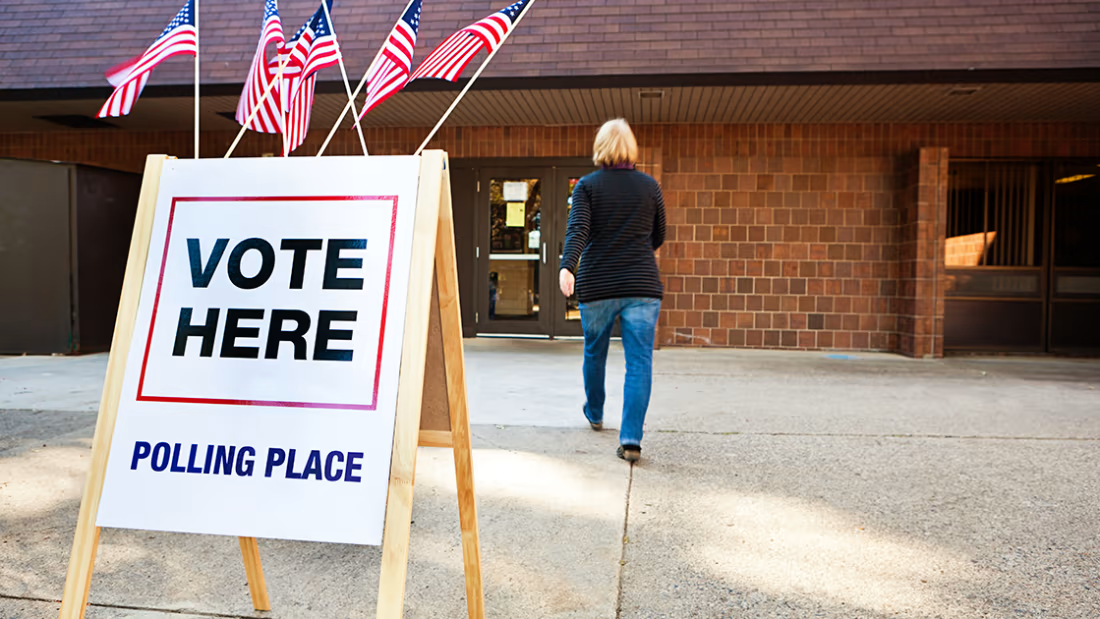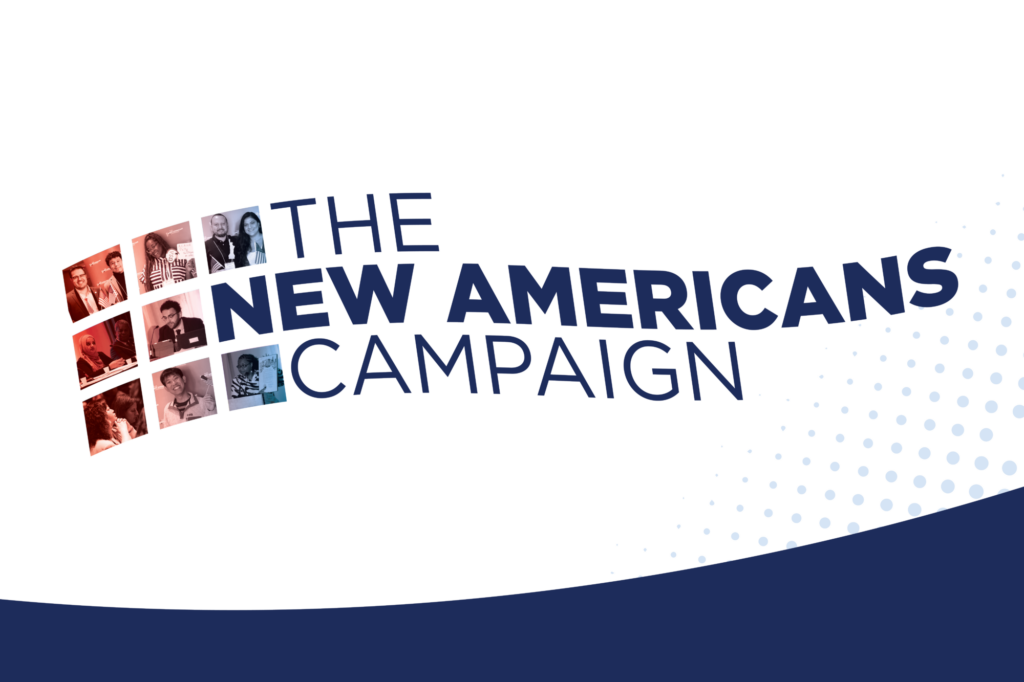New American Voters: The Rising Influence of Naturalized Citizens

Explore More
With the presidential election just around the corner, polls show that the candidates are apparently locked in a dead heat. One thing is clear—every vote will make a difference. And yet, there is a key voter bloc that has not been activated to its fullest potential: newly naturalized U.S. citizens. Since the last election, around 3.5 million people have naturalized, presenting a growing opportunity for millions of new citizens to make their voices heard and become further embedded in the fabric of our country.
New American voters represent a wide spectrum of backgrounds. Over a third come from Asia, with significant numbers from North and Central America and nearly 11% from Africa. Far from being a monolithic bloc, they bring a wide range of backgrounds, experiences, and beliefs, making them a diverse and potentially dynamic force in the upcoming elections.
If they turn out in large numbers, these new citizens could tip the scales in the presidential race, particularly in swing states like Arizona, Georgia, Pennsylvania, Nevada, and Wisconsin. In these places, new citizens could exceed the margins that decided the 2020 election. However, the naturalized electorate is too complex to fit neatly into any political box.
Their party affiliations vary widely depending on where they live, with strong support for Republicans and Democrats. According to a recent survey by the US Immigration Policy Center at the University of California, San Diego, in collaboration with the National Partnership for New Americans, like most Americans, their top concerns are the cost of living and the economy.
Unfortunately, naturalized citizens typically vote less than those born here. This is both a challenge and a huge opportunity. Despite their potential impact, many new American voters feel like their voices aren’t being heard. Political campaigns often see immigrants as hard to reach, and new citizens frequently feel that the messages they hear don’t speak to them. This disconnect leaves them feeling left out of the very process they fought so hard to join.
As the U.S. looks ahead, it’s crucial to encourage these new American voters to get involved. New Americans deeply love this country and are eager to participate in the political process and help shape the nation’s future. Their participation is more than just a reflection of their loyalty to their new country; it’s proof of the strength of American democracy. Regardless of the outcome of this election, political parties would be wise to understand new Americans and include them in their strategies in the future.

